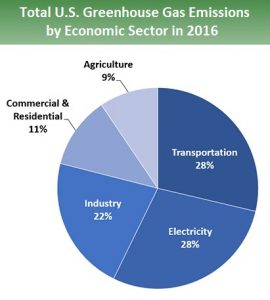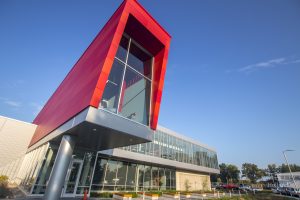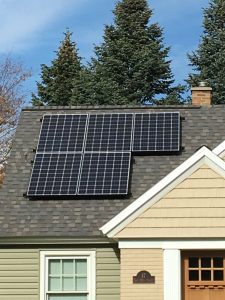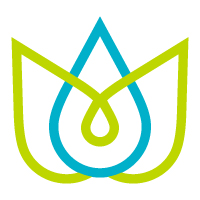By Diane Haworth, local sustainability professional
 There is plenty of news related to climate change these days. The planet’s climate has constantly been changing over geological time, but now scientists are concerned that the natural fluctuation is being increased by an upsurge in greenhouse gases from human activities.
There is plenty of news related to climate change these days. The planet’s climate has constantly been changing over geological time, but now scientists are concerned that the natural fluctuation is being increased by an upsurge in greenhouse gases from human activities.
The greenhouse effect refers to the way the Earth’s atmosphere traps energy from the sun. Trapped energy that radiates back to the planet heats both the atmosphere and the earth’s surface, keeping the temperature at a level to sustain life.
Scientists believe we are adding to the natural greenhouse effect with gases such as carbon dioxide from fossil fuel use and methane from agricultural sources and landfills. These gases trap more energy and increase the overall temperature of the planet. This effect is commonly referred to as climate change.
 The impacts of climate change can be seen around the world with increasing water scarcity in dry areas, torrential downpours in wet regions and more severe heat waves and wildfires. The cost to the United States economy alone could be over $200 billion from heat-related deaths, sea level rise and infrastructure damage by the end of the century.
The impacts of climate change can be seen around the world with increasing water scarcity in dry areas, torrential downpours in wet regions and more severe heat waves and wildfires. The cost to the United States economy alone could be over $200 billion from heat-related deaths, sea level rise and infrastructure damage by the end of the century.
Greenhouse gas emissions from energy production can contribute to climate change. The city of Holland has reduced greenhouse gas emissions by building a new combined-cycle natural gas power plant to replace the former coal power plant. Burning natural gas significantly reduces emissions versus coal, although natural gas is still a fossil fuel and not a sustainable resource.

However, lower emission, sustainable options such as wind and solar do not provide continuous power. At the utility level, they require large scale energy storage that is still under development. The Holland Board of Public Works uses a mix of energy sources including wind, biogas and natural gas to keep our energy portfolio diverse and able to respond to changes in fuel availability and pricing. The Board of Public Works will continue to explore more sustainable options as they become viable.
Meanwhile, you can take direct personal action to reduce emissions in simple ways that will save you money. Plug air leaks in your house to reduce heat loss. Consider installing a smart thermostat and switching to more efficient LED light bulbs.

Want to make bigger improvements to your energy use? The Holland On-Bill Loan Program administered by the Board of Public Works provides Holland residents a way to make energy improvements to homes both easy and affordable.
The program provides a home energy assessment that gives you an understanding of your home’s energy efficiency and provides a prescription for the necessary improvements. Find out more about the program at https://hollandenergyfund.com/on-bill-loan-program/
Diane Haworth is a retired sustainability professional. After a career in product development, purchasing and marketing, she transitioned to develop and manage the global sustainability program for furniture manufacturer Haworth. She later helped develop the sustainability program for certification body NSF in Ann Arbor.
![]() This Week’s Sustainability Framework Theme
This Week’s Sustainability Framework Theme
Environmental Awareness/Action: Environmental education and integrating environmental practices into our planning will change negative outcomes of the past and improve our future.
 ABOUT THIS SERIES
ABOUT THIS SERIES
Living Sustainably is a collection of community voices sharing updates about local sustainability initiatives. It is presented by the Holland-Hope College Sustainability Institute, a joint project of Hope College, the City of Holland and Holland Board of Public Works. Go to www.hope.edu/sustainability-institute for more information.

